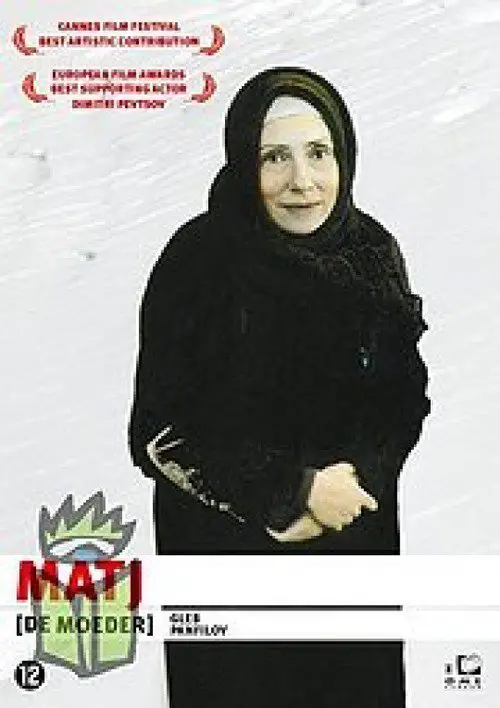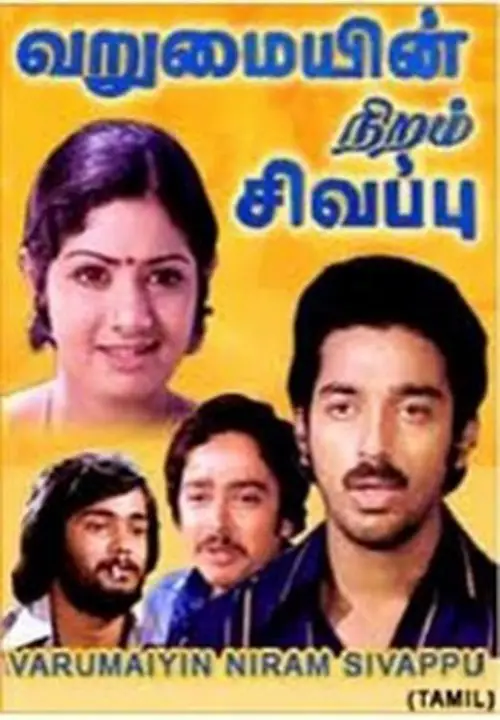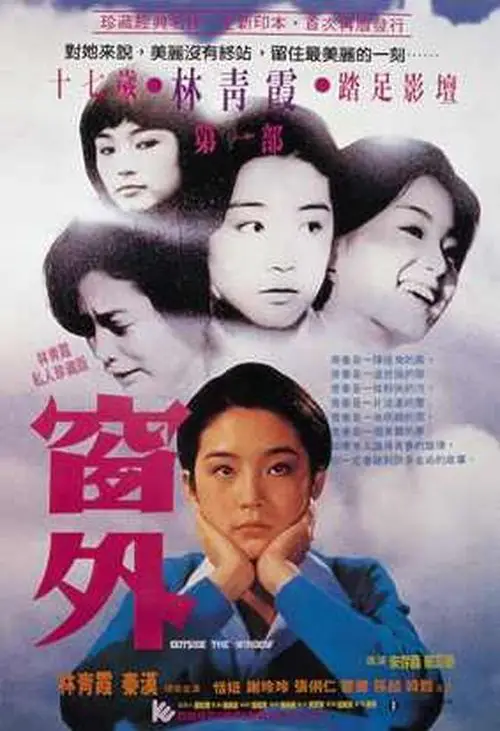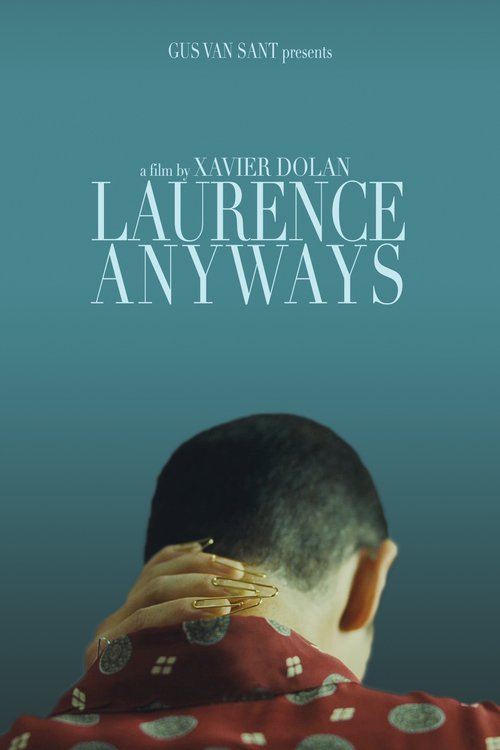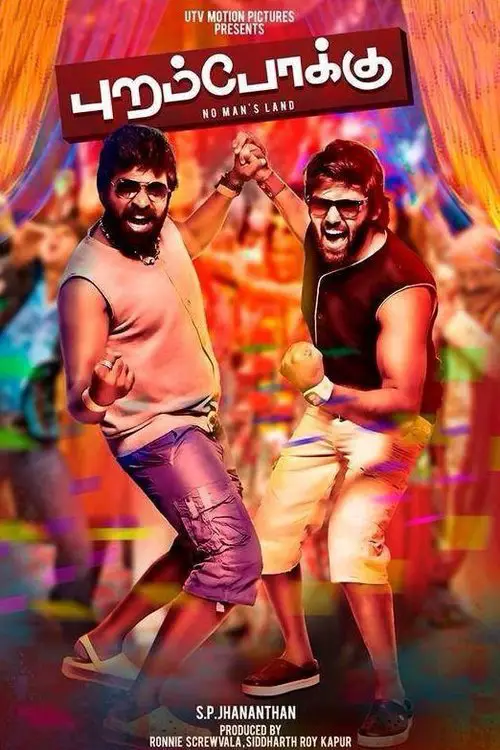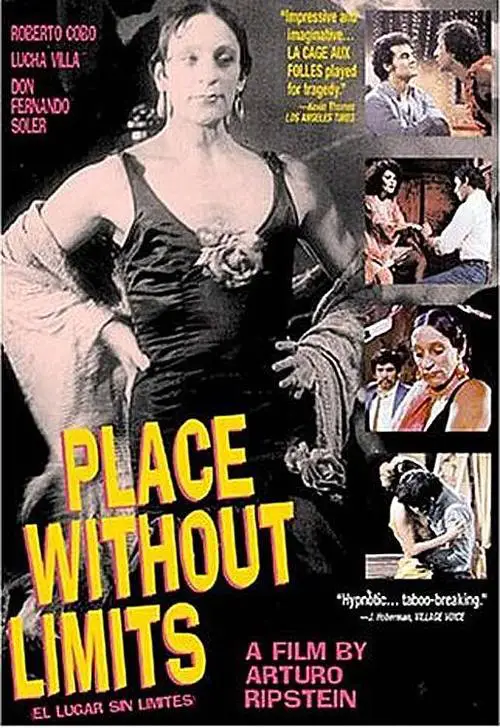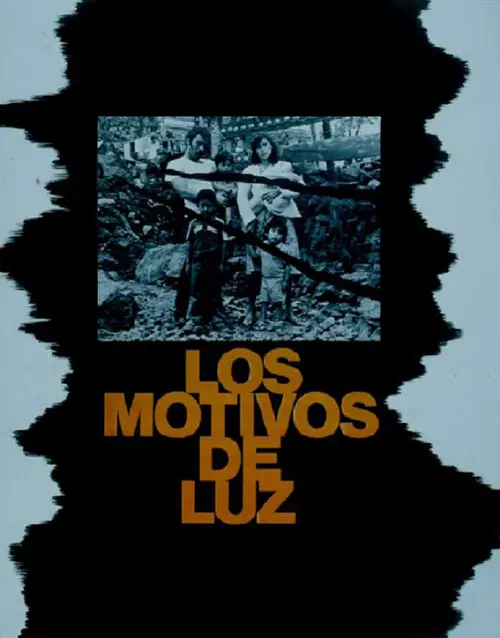Manathil Uruthi Vendum (1987)
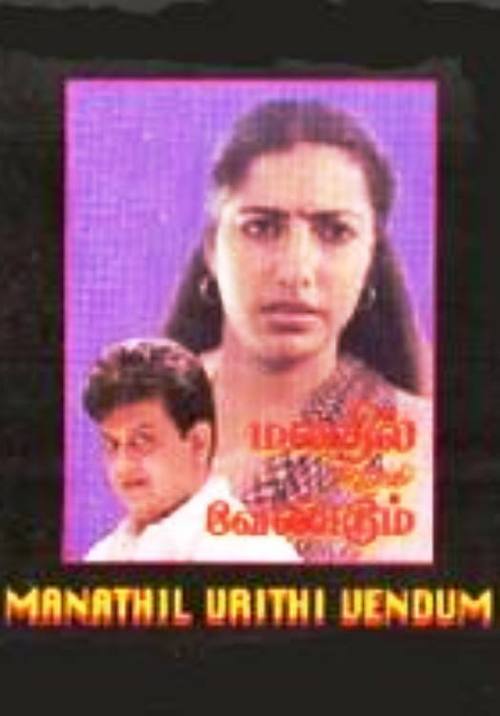
Similar movies
The social ferment in late 19th century Russia which led to the 1917 Russian Revolution is movingly portrayed in this lengthy historical drama, which is very faithful to the 1907 novel The Mother by the celebrated Marxist writer Maxim Gorky (1868-1936). In the story, "the mother" (Inna Tchourikova) has no other recourse than to watch her decent, kindly husband turn into an animalistic, drunken brute as a result of working in the inhuman conditions of a steel mill in the town of Sormovo. When he begins to express his suppressed rage by beating her, she is defended by her teenaged son Pavel (depicted Viktor Rakov as an adult, Sacha Chichonok as a boy). After his father's death, Pavel is forced to go to work in the same factory. However, Pavel and his friends begin investigating Marxism and socialist thought, and work to organize their fellow workers.
Varumayin Niram Sivappu film revolves around the events in the lives of three educated but unemployed youths, who have come to live in a bustling, harsh metropolis, where they struggle to earn a living.The film describes the clear picture of what being called as caste and an youth having modern thoughts facing that in a revolutionary way.
Family honor, greed, machismo, homophobia, and the dreams of whores collide in a Mexican town. Rich, elderly Don Alejo is poised to sell the town for a profit, needing only to buy a whorehouse to own all the buildings and close the deal. It's owned by a man and his daughter: Manuelita is gay, aging, afraid; he cross-dresses and entertains as a flamenco dancer; he wants to sell and leave. His daughter wants to stay. The return of Pancho complicates things: he's a hothead Alejo tries to control and he scared Manuelita the year before. Things come to a head as Pancho breaks Alejo's hold on him, then flirts and dances with Manuelita and finds himself at risk of being called a "maricón."
© Valossa 2015–2026
| Privacy Policy
